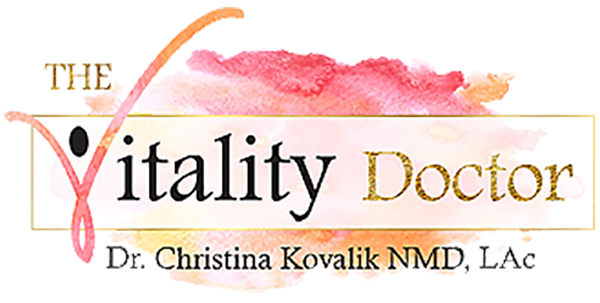Common Thyroid imbalances.
20 million Americans have thyroid issues. 60% are unaware that they have an issue often due to their physician not ordering the correct thyroid function tests. Most physicians only test TSH- thyroid stimulating hormone and often miss Hashimotos (auto-immune thyroid) or low thyroid simply by not ordering a full panel. Most physicians don’t know any better because that is what they are taught in medical school.
The thyroid starts to become sluggish as we age, especially with the hormonal shifts of perimenopause, menopause, and andropause. Optimizing thyroid hormones improves metabolism, energy levels, and mood.
Thyroid hormones are released by the thyroid gland and are responsible for temperature regulation, metabolism, cerebral function, and energy. Thyroid problems are very common. The thyroid works optimally in conjunction with other endocrine organs, like the adrenals, pituitary, pancreas, liver, and reproductive organs. The thyroid is required to work harder if the other organs have been overworked or overstimulated by stress, food allergies, poor diet, and lack of sleep. Thyroid function is evaluated by obtaining blood levels of thyroid stimulating hormone, Free T4 or T3, and thyroid antibodies.
The three categories of thyroid imbalance:
- Hypothyroidism/Thyroid deficiency
- Hyperthyroidism/Overactive thyroid
- Suboptimal Thyroid/Low thyroid symptoms with normal values, not optimal values.
Optimizing the thyroid hormones protects against cardiovascular disease, fatigue, weight gain, and cognitive decline.
Symptoms: Low Thyroid
- Fatigue
- Weight gain
- Constipation
- Dry skin and brittle nails
- Irregular cycles
- Hair loss on overall head, thinning of hair on head, temples, and outer eyebrows
- Poor memory or reflexes
- Depression or low motivation
- Low body temperature
Symptoms: High Thyroid (Excess hormone due to overmedication, Hashimoto’s thyroiditis, or hyperthyroidism)
- Heart palpitations
- Insomnia
- Loose stools
- Shakiness
- Anxiety
- Bone loss (not the case if you are on thyroid hormones)
- Fingernails lifting in the center of the tip
- Heat intolerance or sweating
Hashimotos
This is an autoimmune disease associated with hypothyroidism but is often missed if doctors don’t test thyroglobulin antibodies in a blood test. These antibodies are produced by your immune system that is attacking the body’s own thyroid gland. It can be triggered by consistent stress, life changes, child birth, deaths/ divorces, and other stressful events. In severe cases of Hashimotos it can kick up thyroid hormones making the patient hyperthyroid for it to come crashing down to low thyroid. Almost at a last effort for th thyroid to function.
I often see patients without symptoms and we can prevent Hashimotos thyroid issues by reducing inflammation, lowering the thyroid antibodies and give supportive herbs, nutrients and thyroid glandulars if needed. Often patients with Hashimotos see improvement with avoiding wheat and dairy products along with the herbal adrenal and thyroid support.
Sub-optimal Thyroid
This is commonly seen in my practice and is associated with aging. Patients may have symptoms of a sluggish metabolism or low thyroid but their lab values do not warrant a true Hypothyroidism diagnosis. It is common in perimenopause, menopause or andropause in men to have a suboptimal thyroid that adds to the hormone imbalance. We focus on optimizing hormones and look at all the endocrine glands- thyroid, female or male hormones, adrenals, pancreas and liver to help improve hormone balance, energy levels, kick up the metabolism and age healthfully.
If you feel you are experiencing symptoms of low thyroid or other hormone imbalance, it is important to seek the advise of a hormone specialist. Especially, if you have had testing by another doctor and they tell you everything is normal, yet you are not feeling well. Know that we can dive deeper as your hormone specialist to look at the root cause of the imbalance and treat it naturally.
To find out more Call Dr. Kovalik
480-948-9000 TO BOOK OR BOOK NOW

